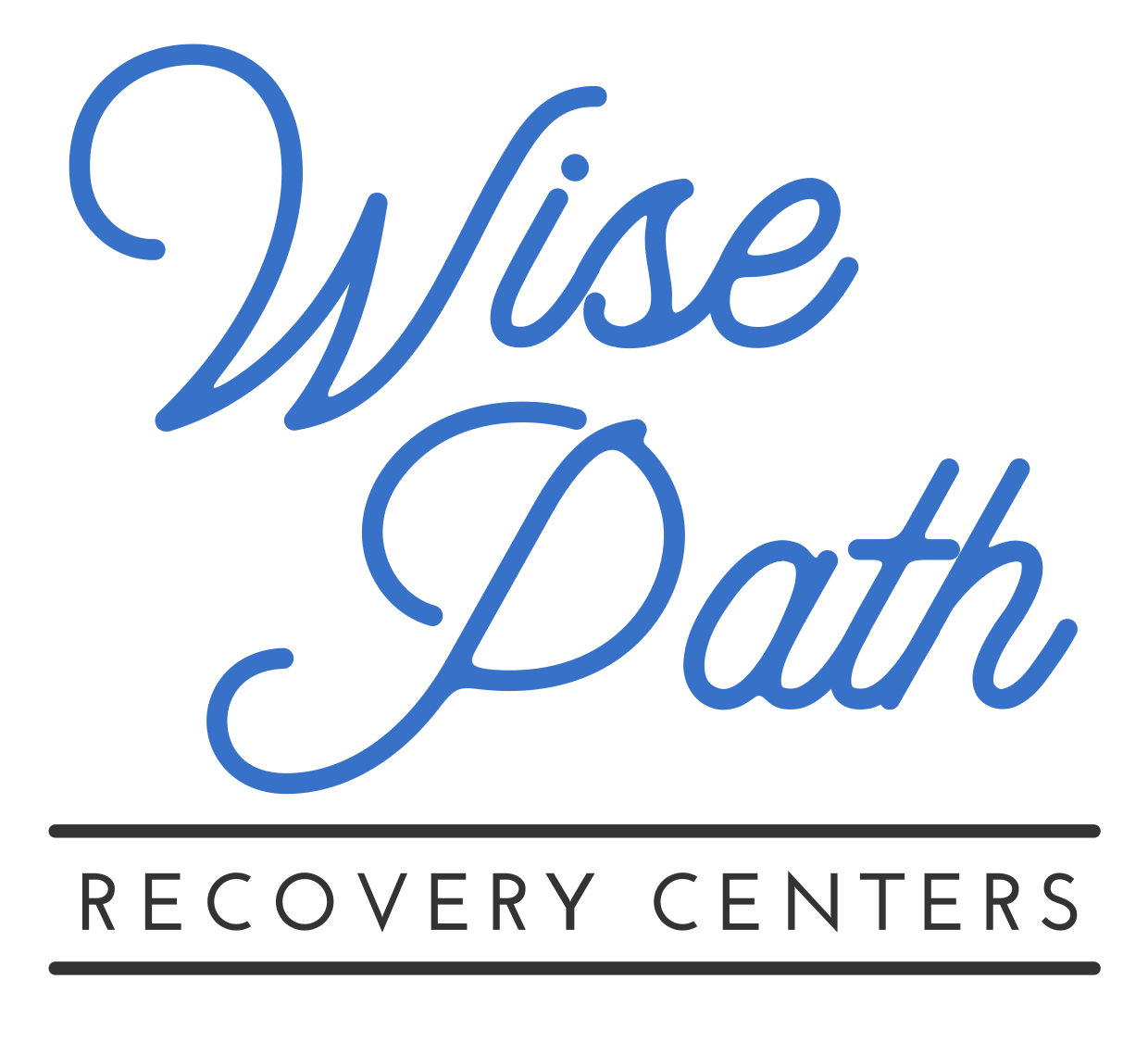Anxiety is one of the most common mental health challenges, and for many people, substances become a way to cope. What starts as a way to relax or escape can quickly turn into a cycle that feels impossible to break.
This blog explores how anxiety and substance use are connected, why they often show up together, and how treatment can help you or someone you love find lasting relief.
Why Anxiety and Substance Use Often Go Together
Many people turn to alcohol, cannabis, or other substances to ease anxiety. While this might offer short-term relief, it often leads to deeper dependence. Over time, the brain can become reliant on substances to manage stress or panic, making anxiety symptoms worse between uses.
This cycle can be difficult to recognize, especially when the use of substances feels “normal” or socially accepted. But it is one of the clearest signs that both anxiety and substance use need to be addressed together.
How Substance Use Can Hide Underlying Anxiety
Some people live with anxiety for years before realizing that their substance use is connected to it. Maybe they drink to unwind after work, or use drugs to get through social situations. It may not seem harmful at first, but over time, the connection becomes clear.
Substances can mask symptoms, delay diagnosis, and make it harder to recognize that help is needed. That’s why reaching out for substance abuse treatment is often the first step toward clarity and recovery.

Signs You May Be Struggling with Both
It’s not always easy to spot when anxiety and substance use are linked. But here are some common signs:
- Using alcohol or drugs to fall asleep, calm down, or avoid panic
- Feeling more anxious when not using
- Trouble coping with daily stress without substances
- Irritability, restlessness, or dread that gets worse during withdrawal
- A growing need to use more just to feel “okay”
If any of these feel familiar, you are not alone—and treatment can help.
Drug & Alcohol Rehab and
Addiction Treatment in West Virginia
Get in touch with our recovery center today at 866-860-9772
The Risk of Leaving Anxiety Untreated
When anxiety is left untreated, people often turn to substances as a substitute for real relief. This increases the risk of dependence, overdose, and emotional instability. For people who use opioids or other depressants, the danger is especially high.
At Wise Path, we offer opioid addiction treatment in West Virginia that includes support for mental health conditions like anxiety, trauma, and depression. You don’t have to choose between treating one or the other—we help you work on both.
What Treatment for Anxiety and Substance Use Looks Like
Treating both conditions together is often called integrated or dual diagnosis treatment. That means addressing emotional, physical, and behavioral patterns at the same time.
Treatment may include:
- Cognitive behavioral therapy or trauma-informed care
- Mindfulness or stress-reduction practices
- Medication, when appropriate
- Support groups or peer connections
- Family involvement and relapse prevention tools
Healing takes time, but with the right support, it is possible to manage anxiety without substances.
Drug & Alcohol Rehab and
Addiction Treatment in West Virginia
Get in touch with our recovery center today at 866-860-9772
Support at Wise Path Recovery Centers
We believe recovery should focus on the whole person, not just a diagnosis. If you or someone you care about is caught in the cycle of anxiety and substance use, support is available and healing is possible.
We offer detox, residential programs, and outpatient care. You can explore the full list of conditions we treat in West Virginia and find the program that fits your needs and goals.
FAQs About Anxiety and Substance Use
What are some less obvious ways anxiety shows up in people who use substances?
Anxiety can show up as restlessness, difficulty making decisions, chronic tension, or needing to stay constantly busy. Many people do not realize these patterns are linked to anxiety until they begin treatment.
Can treating anxiety reduce cravings or relapse risk?
Yes. When anxiety is managed in healthy ways, people are less likely to use substances to cope. That is why integrated care often leads to longer-lasting recovery.
What if I feel more anxious during early sobriety?
This is common. Substances may have been numbing anxious feelings. As your body and mind adjust, therapy and support can help ease the discomfort and build new coping tools.
Is anxiety always a root cause of substance use?
Not always, but it is often a major factor. For some, anxiety develops after addiction. For others, it is present long before the first use. Either way, both need care.
Can I be treated for anxiety even if I am not ready to stop using?
Yes. Starting with mental health support can help reduce barriers and build trust. Treatment does not have to be all or nothing. It can begin with small, meaningful steps.

